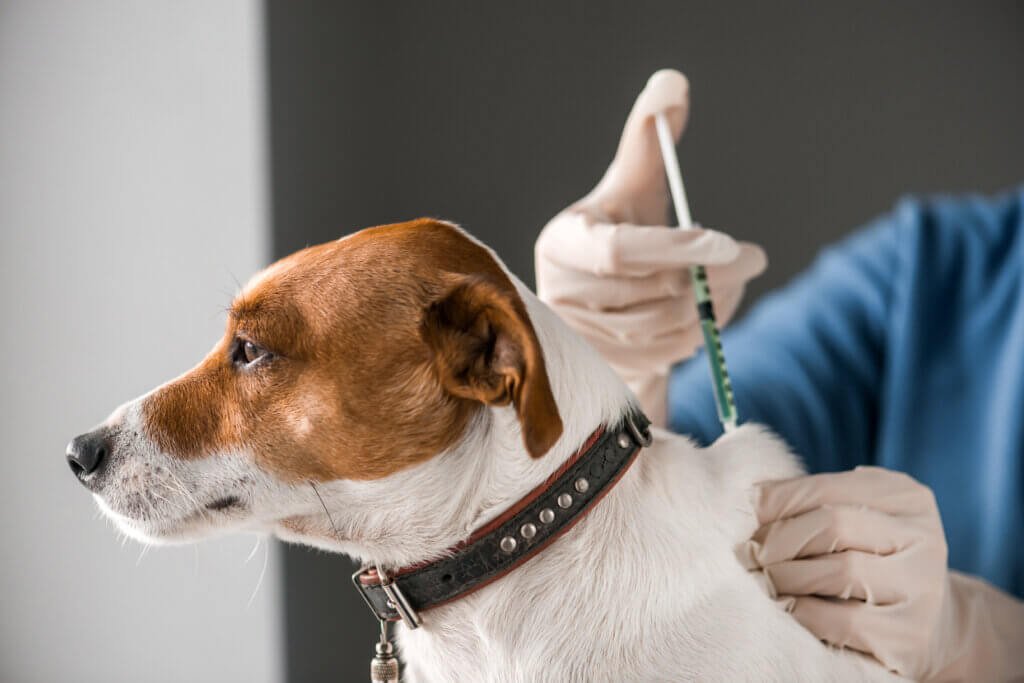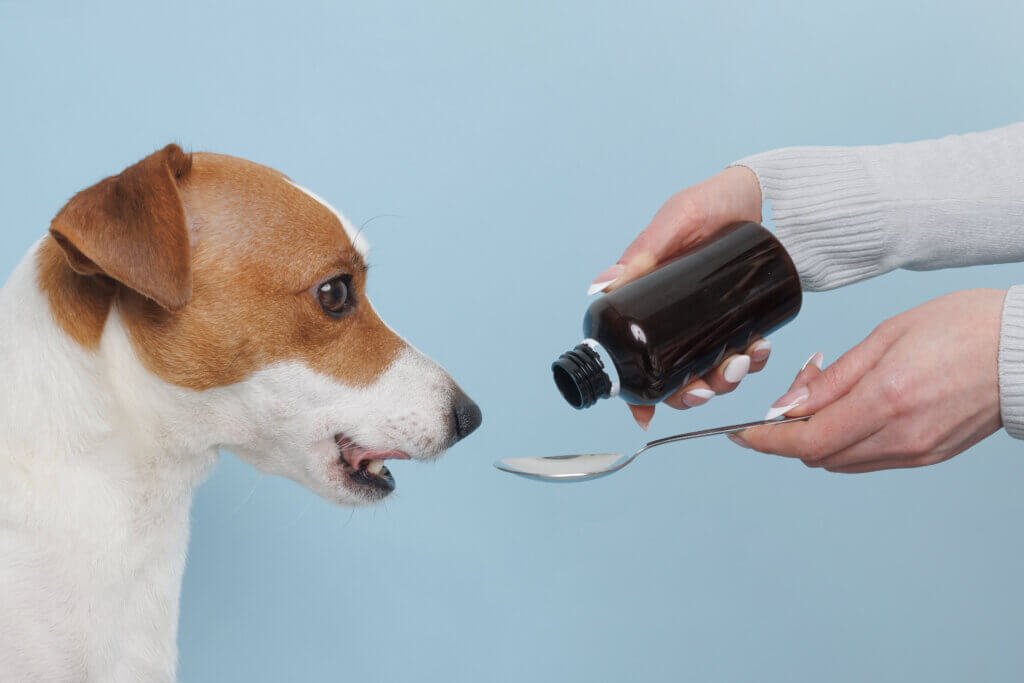Introduction
Vaccinations are a critical part of maintaining your dog’s health and well-being. They help protect your dog from a range of potentially fatal diseases. However, many myths and misconceptions surround dog vaccinations, leading to confusion and uncertainty among pet owners. In this comprehensive guide, we’ll dispel these myths, provide you with essential facts, and guide you through the intricacies of dog vaccination schedules and breed-specific considerations.

Myth 1: Vaccinations are unnecessary for healthy dogs.
This misconception is far from the truth. Even if your dog appears healthy and active, they remain susceptible to a variety of diseases through various means, including direct contact with infected animals, exposure to contaminated environments, or even airborne transmission. Vaccinations play a crucial role in preventing these diseases, even if your dog’s exposure is limited.
Myth 2: Vaccinations can cause autism in dogs.
This notion is entirely unfounded and lacks any scientific basis. Numerous studies have rigorously investigated the potential link between vaccinations and autism in dogs, consistently concluding that no such connection exists. The safety and effectiveness of vaccinations for dogs are well-established.
Myth 3: Over-vaccination can weaken a dog’s immune system.
This concern is often raised by pet owners who fear that excessive vaccinations could overwhelm or compromise their dog’s immune system. However, this apprehension is misplaced. Vaccinations actually work by enhancing your dog’s immune system by exposing them to weakened or inactive forms of disease-causing viruses and bacteria. This controlled exposure allows their bodies to develop antibodies that can effectively combat these diseases when encountered in the real world.

Myth 4: Vaccinations are not safe for puppies.
Puppies, due to their developing immune systems, are particularly vulnerable to contracting diseases. This is precisely why vaccination schedules for puppies begin at an early age. Vaccinations provide puppies with the necessary protection during this crucial period of immune development.
Myth 5: Once vaccinated, dogs are protected for life.
While some vaccinations offer lifelong protection, others require booster shots to maintain immunity. The frequency of booster shots varies depending on the specific vaccine and your dog’s individual risk factors. Your veterinarian will advise you on the appropriate booster schedule for your dog.
Facts About Dog Vaccinations
- Vaccinations are among the most effective preventive measures against infectious diseases in dogs.
- Vaccinations are safe and well-tolerated by most dogs.
- No scientific evidence supports the claim that vaccinations cause autism in dogs.
- Over-vaccination is not a common concern in veterinary practice.
- Vaccination schedules for puppies are designed to provide optimal protection during their vulnerable developmental phase.
- Booster shots are essential for maintaining immunity against certain diseases.
Dog Vaccination Schedule
A general dog vaccination schedule typically includes the following:
- 6-8 weeks: DHPP (Distemper, Hepatitis, Parvovirus, Parainfluenza) 10-12 weeks: DHPP
- 14-16 weeks: DHPP and Rabies
- 1 year: DHPP and Rabies
- Every 1-3 years: DHPP and Rabies
Please note that this is a general guideline, and your veterinarian may recommend a different schedule based on your dog’s breed, lifestyle, and geographical location.

Dog Breeds
Certain dog breeds are more susceptible to specific diseases than others. For instance, Doberman Pinschers have a higher risk of contracting parvovirus, while German Shepherds are more prone to hip dysplasia. Your veterinarian can tailor your dog’s vaccination schedule based on their breed and potential health risks.
Vaccine Misconceptions
Many misconceptions cloud the understanding of dog vaccinations. Some people believe that vaccinations cause autism, while others question their necessity for healthy dogs. These beliefs often stem from misinformation and fear-mongering. It’s crucial to obtain information about vaccinations from reliable sources, such as your veterinarian or the American Veterinary Medical Association (AVMA).
Pet Health Truths
Beyond vaccinations, several factors contribute to your dog’s overall health. A nutritious diet, regular exercise, and preventive checkups with your veterinarian play vital roles in maintaining your dog’s well-being.

Vaccination Essentials: A Guide for Dog Owners
Keep these key points in mind when considering vaccinations for your dog:
- Vaccinations are essential for preventing infectious diseases in dogs.
- Vaccinations are safe and effective for most dogs.
- No evidence links vaccinations to autism in dogs.
- Over-vaccination is not a common concern.
- Puppies require vaccination at an early





